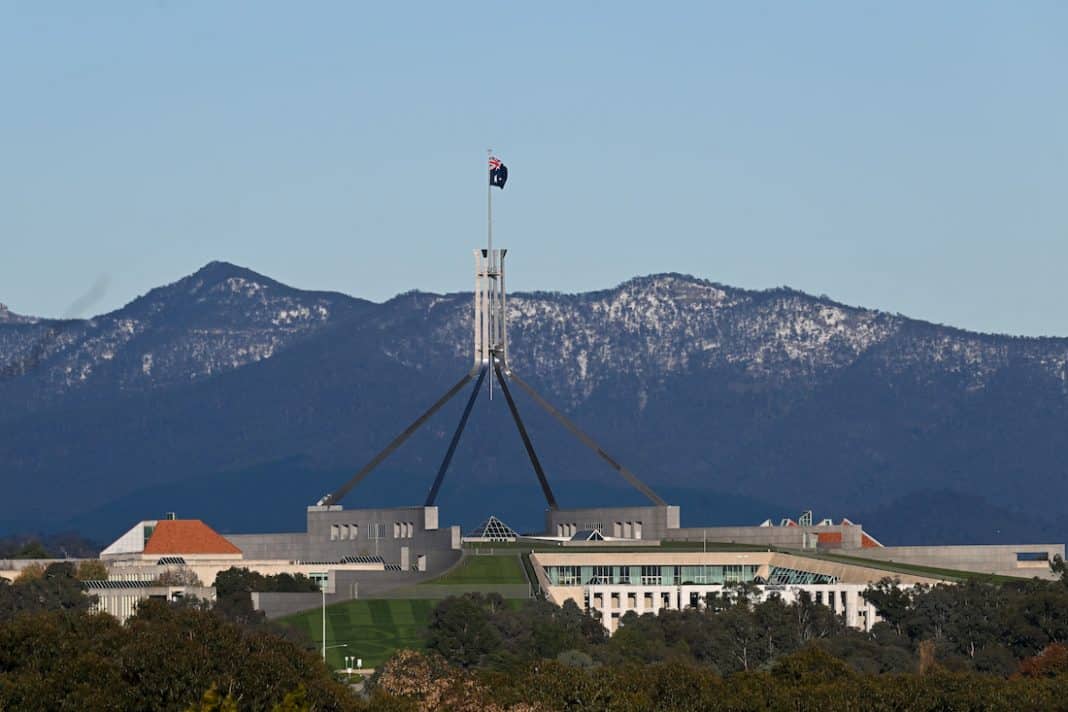Temperature records have been broken in southern Queensland as parts of the Sunshine State shivered through the coldest May nights ever recorded.
A cold snap has hit the east coast of the country and forecasters are warning the wintry blast is not over yet.
In Oakey in the Toowoomba region, the mercury fell to minus 5.7 degrees Celsius, making it the coldest part of the state and breaking a record low for May of minus 4.4C, set in 2019.
A new low of 3.3C was set at the Sunshine Coast Airport, breaking the record of 3.5C from 2012.
Temperatures were between 5C and 10C below average around much of southeast Queensland on Monday night, Bureau of Meteorology Senior Meteorologist Shane Kennedy said on Tuesday.
The mercury in Brisbane fell below 8C on Tuesday, while further west in Ipswich, Queenslanders shivered as it hit 0C, Mr Kennedy said.
Further north towards Townsville, temperatures were about 3C to 5C below average, including morning temperatures of 15C at Townsville Airport and 11C in Bowen.
“We’re expecting we could see temperatures pretty similar on Wednesday morning, potentially even a degree or two cooler … just with that cool and dry air really slipping over the area,” Mr Kennedy said.
Further south, temperatures hit lows of minus 3.1C in Canberra, 9.1C in Hobart, 6.9C in Adelaide, 9.6C in Melbourne and 7C in parts of Sydney.
Icy conditions are expected to continue into Wednesday, with a forecast low of 11C in Sydney, 0C in Canberra, 11C in Melbourne, 9C in Hobart and 11C in Brisbane.
Frost is forecast to be widespread across the east coast, extending from Tasmania through to parts of south east Queensland.
The worst of the cold snap is expected to ease across the east coast by Thursday morning, the Bureau of Meteorology says.
A hazardous surf warning is in place for the NSW coast, from Byron Bay in the state’s north through to the Eden Coast near the Victorian border.
The dangerous surf coincides with a king tide, increasing the risk of coastal erosion and inundation of low lying areas on the coast, particularly at the Macquarie and Hunter Coast areas on Wednesday.
Sheep graziers in NSW have been warned extreme conditions pose a risk to lambs and sheep, as plunging temperatures, strong winds and showers are expected on Tuesday and Wednesday.
The areas affected include the Northern, Central and Southern Tablelands, the North West Slopes and Plains, the South West Slopes, the Snowy Mountains, the Illawarra and the ACT.



